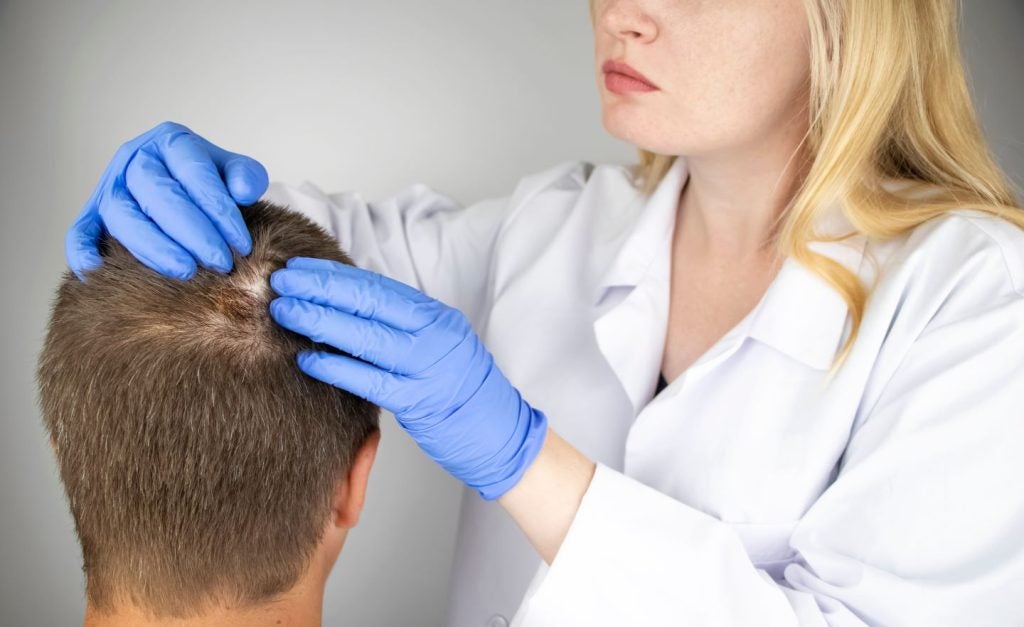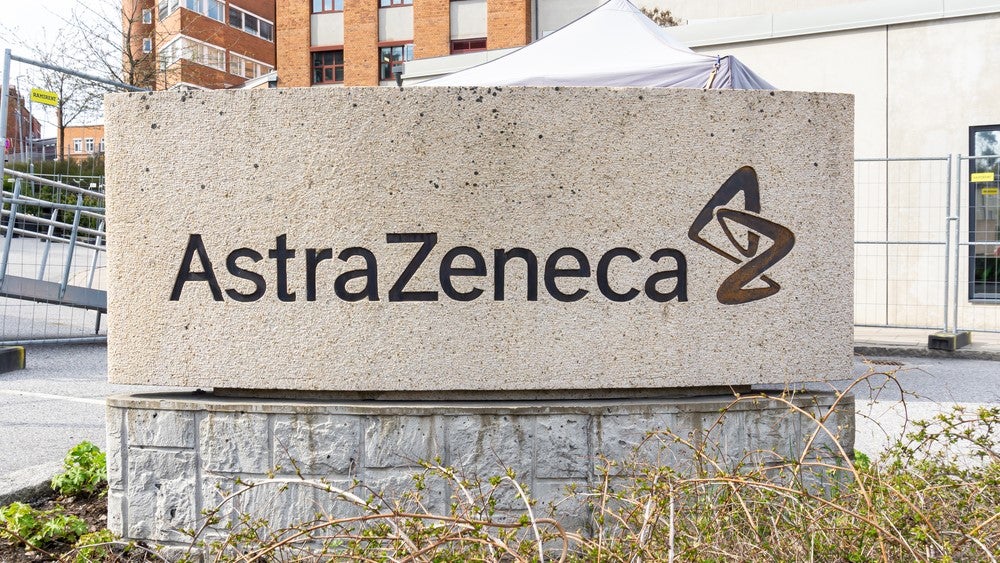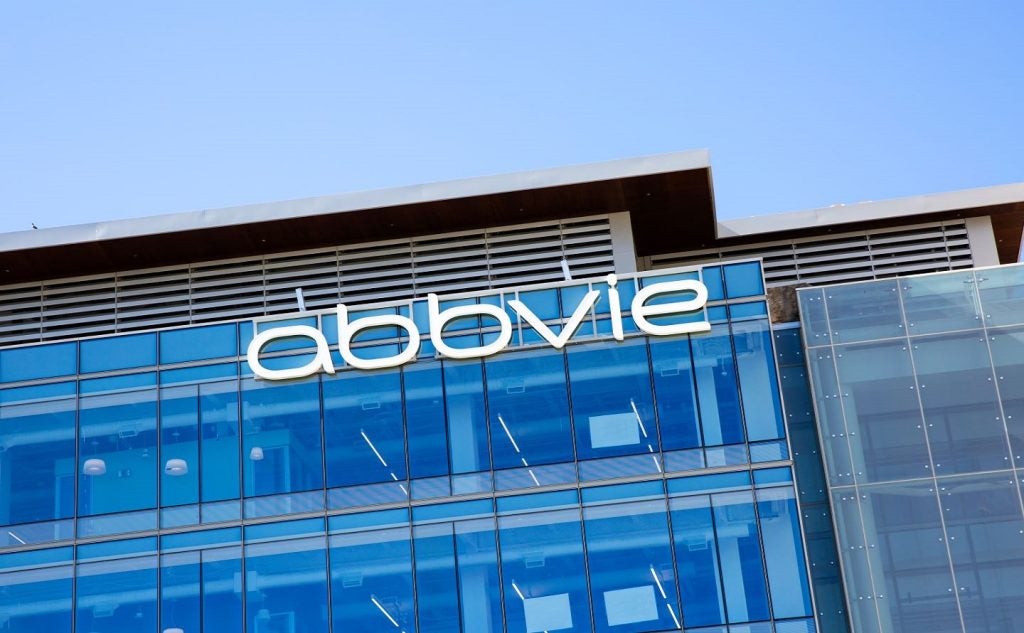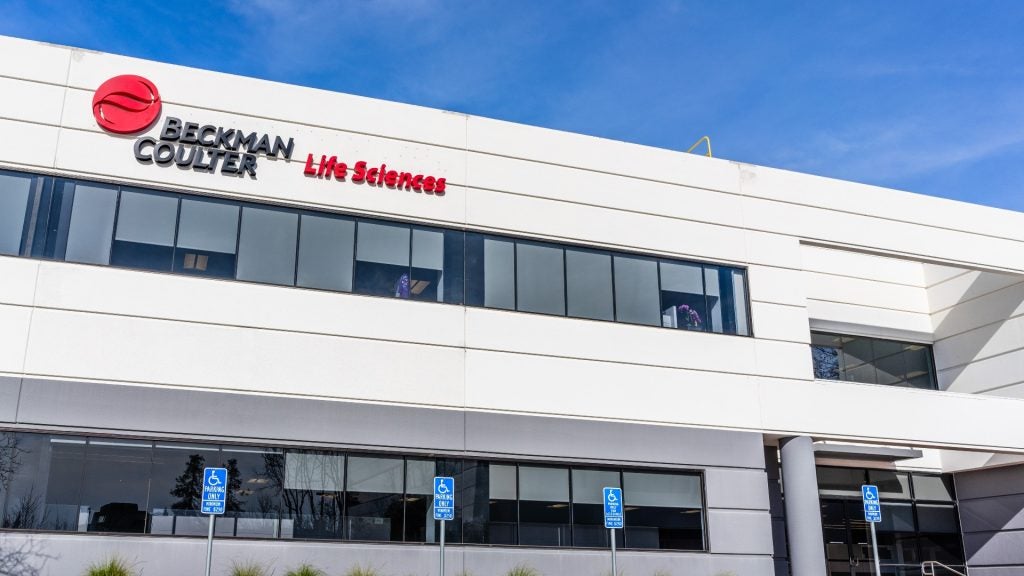Amgen’s interchangeable biosimilar version of Johnson & Johnson's (J&J) Stelara, dubbed Wezlana (ustekinumab-auub), has received an US Food and Drug Administration (FDA) approval.
The interchangeable biosimilar was approved for use in multiple inflammatory diseases, including for adults with moderate-to-severe plaque psoriasis who are candidates for phototherapy or systemic therapy, active psoriatic arthritis, moderate to severe active Crohn’s disease and moderate to severe active ulcerative colitis.
The agency approved Wezlana after a comprehensive review of scientific evidence, which showed that Wezlana was highly similar to ustekinumab and there were no clinically meaningful differences between the products in regard to safety, purity, and potency.
Stelara was first approved by the FDA for the treatment of adult patients with moderate to severe plaque psoriasis in September 2009. The FDA later approved the IL-12/IL-23 inhibitor’s use in moderate to severe Crohn’s disease in November 2016, and later for active psoriatic arthritis and ulcerative colitis.
The monoclonal antibody has proven to be a major revenue driver. J&J made $9.72bn in global Stelara sales last year, according to its 2022 annual report. Biosimilars are also expected to make a dent in overall sales, with a GlobalData consensus forecasting Wezlana to have annual global sales of $455m in 2029.
GlobalData is the parent company of Pharmaceutical Technology.
However, the biosimilar may not enter the market immediately. In May, J&J settled its patent lawsuit with Amgen, setting the biosimilar’s launch to no later than 1 January 2025. In August, the company also signed another Stelara biosimilar settlement deal with Formycon and Fresenius’ FYB202, setting its US launch date to 15 April 2025.
Another company in the fray with its own Stelara biosimilar is Alvotech. The FDA rejected Alvotech’s biologics licence application (BLA) for AVT04, a Stelara biosimilar candidate. In a complete response letter, the regulator pointed out deficiencies at Alvotech’s manufacturing facility in Reykjavik, Iceland, identified during a site inspection in March 2023. AVT04 is expected to be available in the US in February 2025.
















